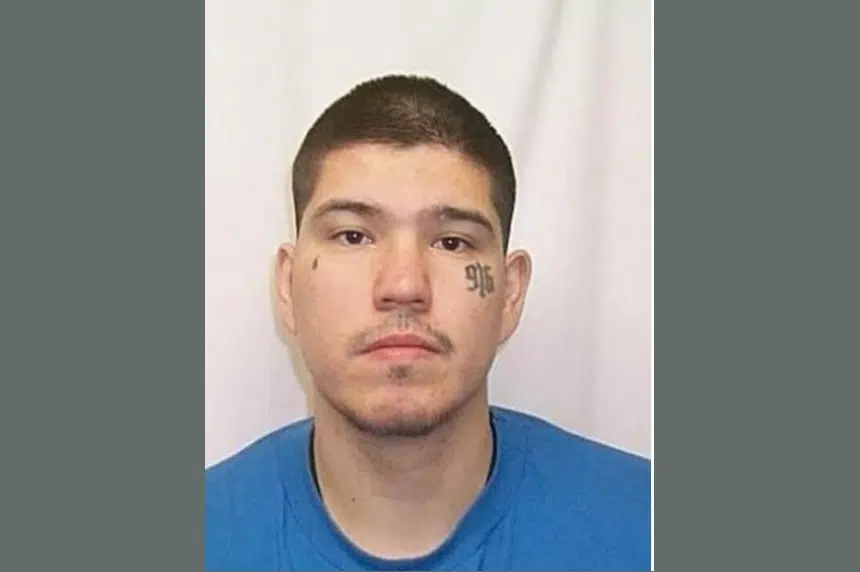Court heard closing arguments in the second-degree murder trial of Michael Robertson on Wednesday,
Robertson, 29, is accused of murder in the March 2015 stabbing death of Rocky Genereaux.
During the trial, Robertson claimed he killed Genereaux in self-defence. He told court he went to Genereaux’s Avenue I South home to confront him over a phone SIM card. He’d left his phone at Genereaux’s home some days earlier and he believed Genereaux swapped out the card.
Robertson claimed Genereaux told him he had HIV and then pulled out a needle, prompting Robertson to pull out a large knife he had inside his jacket. Robertson said he stabbed Genereaux as the older man came at him with the needle.
In his closing remarks, defence lawyer Brian Little reminded the jury that, although they heard testimony from others in the house at the time, no one saw what actually happened during a loud altercation between Roberts and Genereaux.
Little pointed out that there was expert evidence from a pathologist indicating that Genereaux was an intravenous drug user, along with testimony from his housemates. Little told the jury that even though police never found any open needles in the house, officers admitted on the stand that they could have missed one inside the cluttered home.
Little explained again to the jury that at the time of the stabbing, Robertson was on the run from a halfway house in Calgary. He said this explained why Robertson ran away from the home after stabbing Genereaux. He said this was also why Robertson fled from police who tracked him down in April 2015, and why, after a foot chase, Robertson ingested a large quantity of drugs he had on him in an effort to kill himself.
Little told the jury that his client was told by another lawyer to keep silent before he was interrogated by police after his arrest. He said this was why his client told police at that time that nothing happened between him and Genereaux, rather than advancing his story of the needle attack.
In her closing address to the jury, Crown prosecutor Jennifer Claxton-Viczko emphasized that, at the time of the stabbing, Robertson’s cell phone was vital to his ability to support himself by selling drugs while he was on the run from Calgary.
Claxton-Viczko said this was why Robertson was angry enough to kill Genereaux over his SIM card, pointing to a call recorded between Robertson and Telus customer service immediately before the stabbing. In that call, Robertson explained that money he was putting into the pay-as-you-go phone wasn’t being applied to his account. Robertson ended the call by telling the representative they’d been useless.
Although police didn’t do a comprehensive search of the entire home, Claxton-Viczko said there was a period of only minutes between the stabbing and when police got to the house. She noted that witnesses testified that Genereaux came out of his room after being stabbed, and was in the living room of the home when police arrived. Claxton-Viczko emphasized that no open needle of the kind Robertson described Genereaux using to threaten him was found in either of those areas of the home.
Claxton-Viczko also pointed out that Robertson could easily have backed out the door of Genereaux’s door and away from him if he was threatened. She noted that Robertson’s knife was almost two feet long, and said it made no sense for Genereaux to advance on him with nothing but a syringe.
Claxton-Viczko added that if Robertson was trying to defend himself, it didn’t make sense for him to hold the blade down by his waist as he told court he did — rather, she said he could have used it to try and protect his head and torso.
When the arguments were wrapped up, Justice Ronald Mills instructed the jury on the points of law that applied to the case. Mills told the jury they had the option of convicting Robertson of second-degree murder; a lesser charge of manslaughter or of finding him not guilty of any crime.
Following Mills’ remarks,the jury was sent off to come to a decision.











